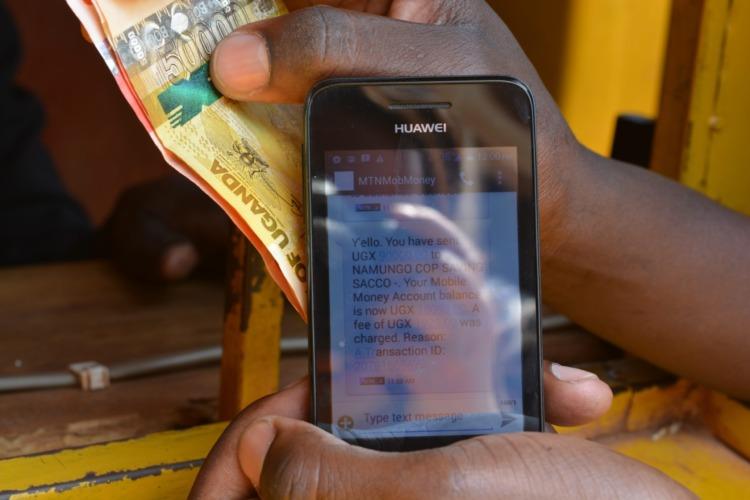Mobile money is growing fast in East Africa Despite of the pandemic, still mobile money regulators enabled its performance Financial technologies are changing the way unbanked populations access finance services Mobile money is still king in Africa and will be so for long. With more than 548 million (up 12 per cent) registered accounts attached
Subscribe to unlock this article
Login to read this article for free and get 3 free premium articles. Subscribe today for unlimited premium articles and more.
Digital Subscription – Monthly
Monthly renewing
You can cancel anytime.
$5 /Monthly
Digital Subscription – Annually
Monthly renewing
You can cancel anytime.
$40 /Annually




